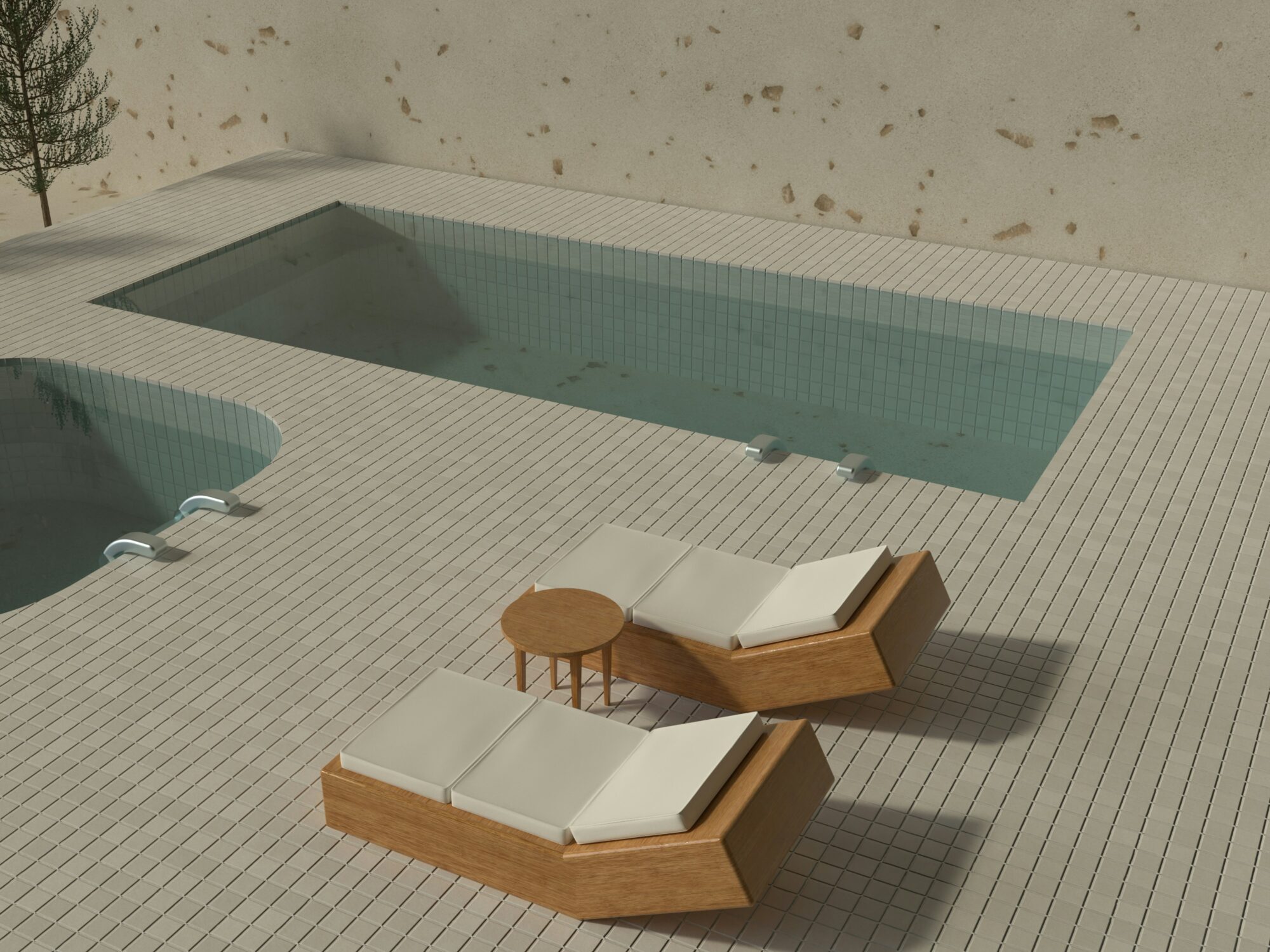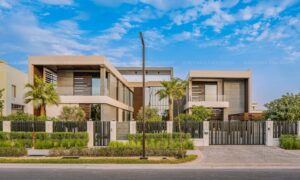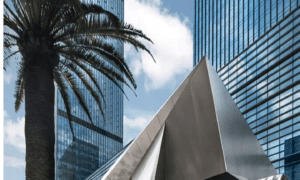When you explore new properties or renovated villas in Dubai, you’ll quickly notice that outdoor spaces receive the same detailed attention as the interiors. Whether it’s a garden, balcony, or commercial courtyard, the materials used outdoors are crucial for the overall appeal of a property.
Outdoor tiles have become a popular choice, not only for their aesthetic appeal but also for their practical benefits in Dubai’s climate. Traditional materials, such as concrete, wood, or stone, can present issues. If they are not properly maintained, they may crack, fade, or require constant upkeep. Outdoor tiles, particularly those made from porcelain and ceramic, offer a more practical solution that doesn’t compromise on design.
In fact, many design professionals, including those from top marble companies in Dubai, recommend outdoor tiling solutions that are both aesthetically pleasing and structurally reliable.
In a setting like Dubai, where outdoor surfaces are frequently used and exposed to intense sunlight and potential moisture, these benefits are particularly valuable. They provide:
- Resistance to stains and scratches: They handle everyday wear and tear effectively.
- Wide range of finishes and colors: You can find options to match any design style.
- Easier installation and replacement make projects more manageable.
- Suitability for high-traffic areas: They are designed to withstand frequent use without showing signs of wear.
Tiles Are More Than Just a Finishing Touch
Outdoor tiles were once seen as a basic final detail, chosen towards the end of a project. This perspective has changed. Architects and homeowners now consider tile selections early in the planning process, as these materials influence layout, drainage, and the overall flow between indoor and outdoor areas.
Tiles offer better control over the look and practicality of outdoor areas compared to natural stone or concrete. With the options available today, you can achieve a wood-style deck without the maintenance concerns or a natural stone look with greater consistency and improved safety.
Key Considerations for Dubai Projects
Choosing outdoor tiles Dubai involves addressing specific practical concerns related to the local environment. Here are key factors to consider:
- Slip Resistance: This is crucial for safety, particularly in areas near water features or surfaces that are frequently cleaned. For slip-and-fall prevention, choose tiles with textured surfaces or a high slip-resistance rating (like R10 or higher).
- Color Retention: Dubai’s strong sunlight can cause surfaces to fade over time. Selecting tiles designed to resist UV rays or opting for lighter colors can help maintain their appearance. Some porcelain tiles are designed to resist fading even under intense sun.
- Thickness: The thickness of the tile impacts its durability and suitability for different applications. Consider tiles with a thickness suitable for outdoor use, particularly in areas with heavy foot traffic or potential for expansion and contraction due to temperature fluctuations. Ensure proper joint spacing is included during installation to manage thermal movement and avoid cracking.
- Installation and Drainage: The proper installation method is crucial for durability, especially in a climate like Dubai’s. Ensure a proper slope is incorporated during installation to prevent water from pooling, which can lead to mold, mildew, and potential damage. Regularly check and clear drainage systems to prevent blockages.
- Durability and Maintenance: Due to the high temperatures, dust, and humidity in Dubai, outdoor tiles are exposed to harsh conditions. Select tiles renowned for their durability, such as porcelain or certain natural stones, as they resist wear and tear. Regular sweeping, washing, and immediate stain treatment help keep them looking good. Consider sealing porous materials, such as natural stone, to protect against stains and moisture.
- Environmental Compatibility: Opt for tiles designed to withstand Dubai’s specific weather conditions, including high temperatures and occasional rainfall. Some materials, like porcelain, are less porous and absorb less water, making them more resistant to thermal cracking. For premium aesthetics and long-term value, some property owners even consult with a marble company in Dubai to explore custom options that merge durability with luxury



































